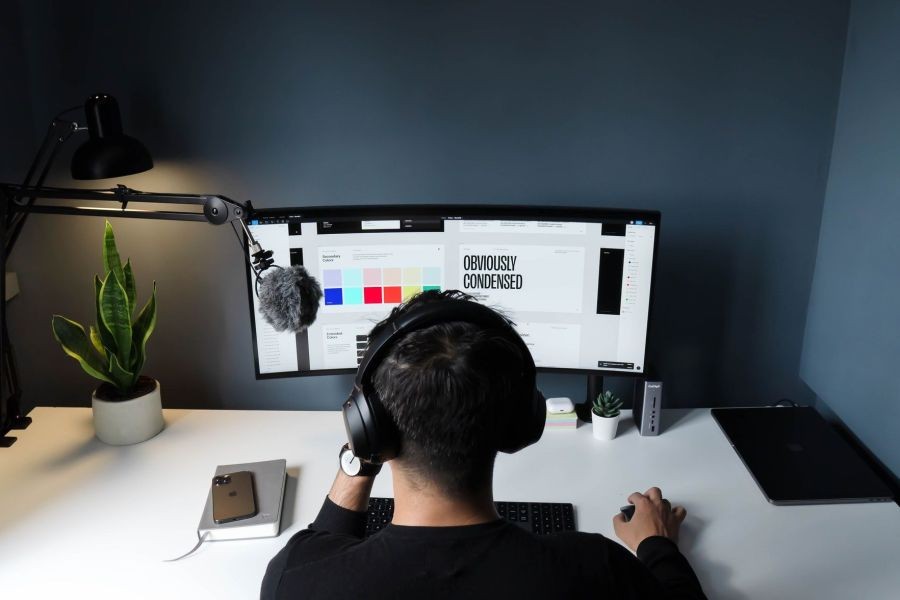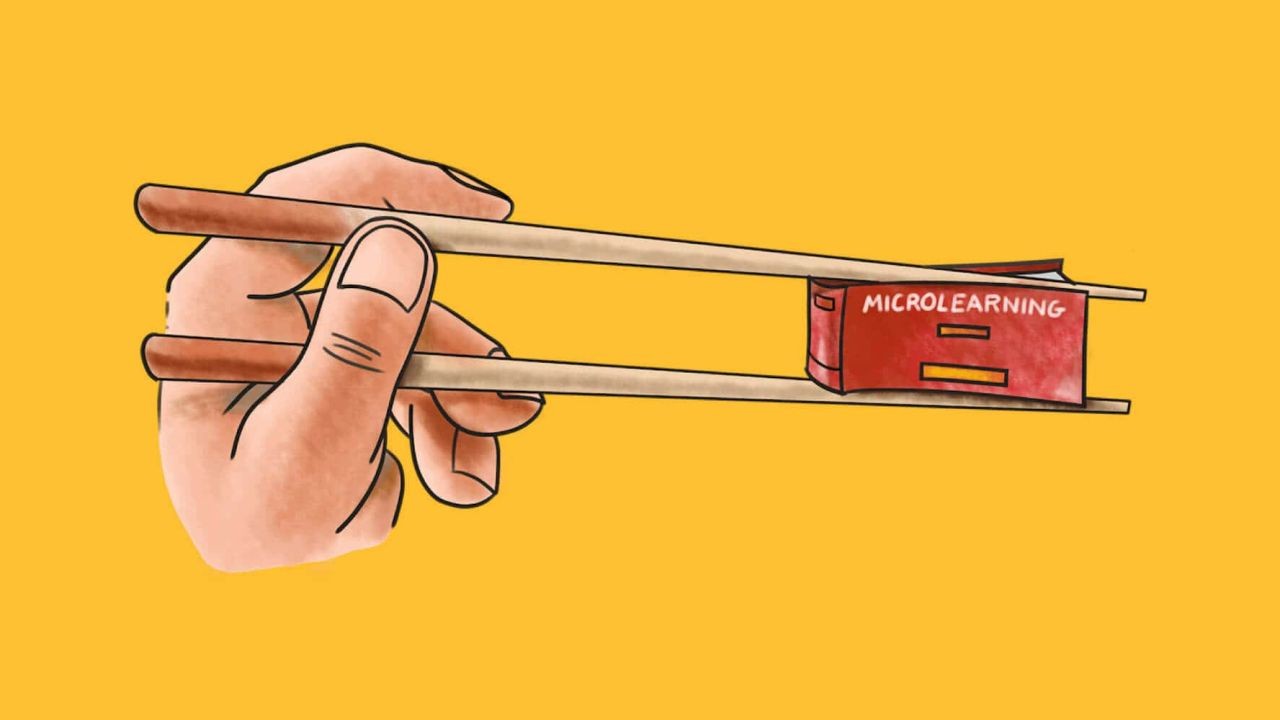In recent years, New Zealand's indie music scene has experienced a remarkable resurgence on the international stage, captivating audiences and critics alike. This renaissance is not only showcasing Kiwi talent but also contributing significantly to New Zealand's cultural and creative economy. A thriving independent music industry can have far-reaching implications, including boosting tourism, enhancing national identity, and fostering economic growth through increased exports. This article delves deep into the factors driving this revival, evaluates its pros and cons, and explores its broader impact on New Zealand's economy and society.
How It Works: The Mechanics Behind the Kiwi Indie Music Renaissance
The resurgence of indie music in New Zealand can be attributed to a combination of creative innovation, strategic industry support, and global connectivity. The internet and social media have democratized music distribution, allowing Kiwi artists to reach global audiences directly. Platforms like Bandcamp and Spotify have become crucial for indie musicians, enabling them to bypass traditional gatekeepers and retain more control over their work.
Government and Industry Support
New Zealand's government and industry bodies have played a pivotal role in nurturing the indie music scene. Organizations like the New Zealand Music Commission and Creative New Zealand provide funding, resources, and training for emerging artists. These initiatives have helped build a robust infrastructure that supports music creation and distribution, facilitating access to international markets.
Local and Global Collaborations
Collaborations with international artists and producers have further elevated the profile of Kiwi indie music. These partnerships often lead to cross-pollination of ideas and styles, enriching the creative output and attracting a diverse audience. Moreover, New Zealand artists are increasingly participating in international festivals and tours, which enhances their exposure and credibility on the global stage.
Case Study: Lorde - A Global Phenomenon
Problem: Ella Marija Lani Yelich-O'Connor, known professionally as Lorde, emerged from a relatively small music scene in Auckland, New Zealand. She faced the challenge of breaking into the highly competitive global music market.
Action: Lorde's breakthrough came with her hit single "Royals," which was released on SoundCloud and quickly gained traction due to its unique sound and relatable lyrics. Her team leveraged online platforms and strategic media appearances to amplify her reach.
Result: "Royals" topped the charts in multiple countries, including the United States, and earned her two Grammy Awards. Lorde's success demonstrated the potential for Kiwi indie artists to achieve international acclaim.
Takeaway: This case highlights the power of digital platforms and strategic promotion in propelling indie artists to global fame. New Zealand musicians can emulate this model to expand their international presence.
Pros & Cons Evaluation of the Kiwi Indie Music Renaissance
Pros:
- Economic Growth: The indie music industry contributes to New Zealand's economy by generating revenue from music sales, streaming, and live performances. According to Stats NZ, the creative sector, including music, contributed approximately NZD 3.5 billion to the country's GDP in 2022.
- Cultural Enrichment: Indie music showcases New Zealand's unique cultural identity and fosters national pride. It also promotes cultural exchange by introducing global audiences to Kiwi perspectives and stories.
- Tourism Boost: Successful music festivals, such as Laneway Festival and Rhythm and Vines, attract international visitors, boosting tourism-related industries.
- Artist Empowerment: The indie model empowers artists to retain creative control and financial ownership of their work, leading to more authentic and diverse music output.
Cons:
- Market Saturation: The proliferation of indie music can lead to market saturation, making it difficult for individual artists to stand out and achieve commercial success.
- Financial Instability: Indie musicians often face financial instability due to irregular income streams and the high costs of production and promotion.
- Global Competition: While digital platforms offer access to international markets, they also expose Kiwi musicians to intense global competition, requiring them to differentiate themselves effectively.
Common Myths & Mistakes in the Indie Music Scene
Myth 1: "Indie Music is Always Low Budget"
Reality: While indie musicians often start with limited resources, many invest significantly in high-quality production and marketing to compete on a global scale.
Myth 2: "Going Indie Means No Industry Support"
Reality: Many indie artists receive substantial support from industry organizations and government bodies, which provide funding, mentorship, and networking opportunities.
Myth 3: "Digital Platforms Alone Guarantee Success"
Reality: While digital platforms are essential for distribution, success requires a strategic approach, including effective branding, audience engagement, and collaboration.
Future Trends & Predictions
Looking ahead, the Kiwi indie music scene is poised for continued growth and innovation. Emerging technologies like AI and virtual reality are expected to transform music production and consumption, offering new opportunities for artists to engage with audiences. According to a report by the Ministry of Business, Innovation, and Employment (MBIE), the creative sector is projected to grow by 5% annually, driven by digital innovation and global demand.
Additionally, as sustainability becomes a focal point across industries, the music sector is likely to adopt eco-friendly practices, such as reducing carbon footprints in touring and production. This shift aligns with New Zealand's broader commitment to environmental sustainability and presents a unique selling point for Kiwi artists on the global stage.
Conclusion
The renaissance of Kiwi indie music on the international stage represents a significant cultural and economic opportunity for New Zealand. By leveraging digital platforms, industry support, and strategic collaborations, Kiwi artists are making their mark globally. However, to sustain this momentum, it is crucial for stakeholders to address challenges such as financial instability and market saturation. As the industry evolves, embracing innovation and sustainability will be key to ensuring the continued success and growth of New Zealand's indie music scene.
What do you think about the future of Kiwi indie music? Share your thoughts and insights in the comments below!
Related Search Queries
- New Zealand indie music scene 2023
- Kiwi music artists gaining international fame
- Impact of digital platforms on indie music
- Economic contribution of New Zealand music industry
- Future trends in the global music industry
- Supporting local music in New Zealand
- Indie music festivals in New Zealand
- Challenges faced by indie musicians
- Government support for New Zealand artists
- Sustainable practices in music production
People Also Ask (FAQ)
How does the resurgence of indie music impact New Zealand's economy?
The indie music industry's growth contributes to New Zealand's economy through increased GDP, tourism, and exports. According to Stats NZ, the creative sector, including music, contributed NZD 3.5 billion to the GDP in 2022.
What are the biggest misconceptions about Kiwi indie music?
Common myths include the belief that indie music always operates on low budgets and lacks industry support. In reality, many indie artists receive significant funding and mentorship from industry organizations.
What upcoming changes in New Zealand could affect the indie music scene?
By 2026, policy updates in the creative sector could enhance support for digital innovation and sustainability, offering new opportunities for Kiwi musicians to thrive globally.































